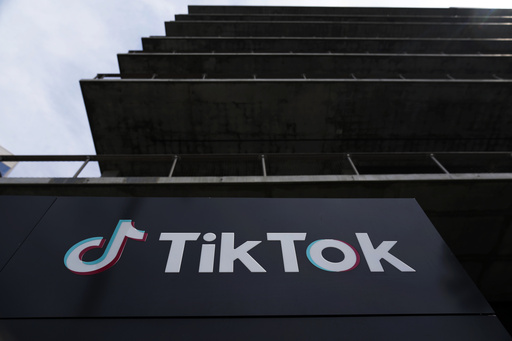The U.S. government and TikTok are set to face off in federal court as oral arguments kick off in a significant legal battle that will determine the fate of the popular social media platform in the country. The court hearing will take place in Washington, where attorneys for both parties will present their cases to a panel of judges. TikTok and its parent company, ByteDance, are contesting a U.S. law that mandates them to sever ties or face a ban in the U.S. by mid-January, a move seen as a response to national security concerns regarding the platform’s Chinese connections.
The law, signed by President Joe Biden earlier this year, marks the end of a long-standing saga in Washington surrounding the video-sharing app. The government argues that TikTok poses a national security risk due to data collection practices that could potentially expose user information to the Chinese government. Additionally, concerns have been raised about the app’s algorithm being susceptible to manipulation by Chinese authorities.
TikTok has refuted these claims, asserting that it does not share user data with the Chinese government, and has questioned the validity of the concerns raised by the government. The company argues that complying with the law would significantly impair its operations in the U.S. and hinder users’ ability to engage with the global TikTok community.
The legal battle has garnered support from various groups and individuals, with some advocating for the protection of free speech rights and others raising concerns about the implications of banning a platform used by millions of Americans. Despite bipartisan approval in Congress, the law has faced criticism from progressive and Republican lawmakers who fear granting the government authority to ban popular social media platforms.
As the legal proceedings unfold, stakeholders on both sides are making their voices heard, with implications that extend beyond just TikTok. The outcome of this case could set a precedent for how the U.S. government addresses national security concerns related to foreign-owned tech platforms and their operations within the country.


